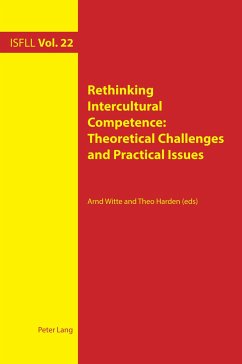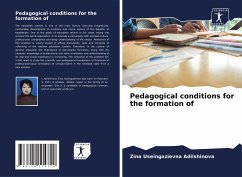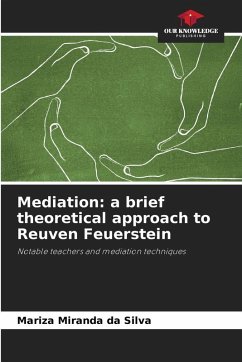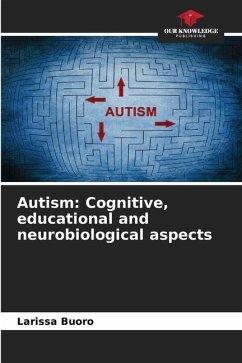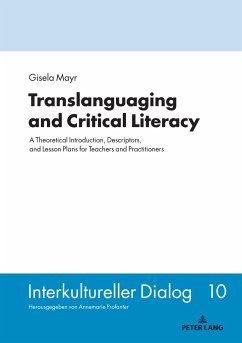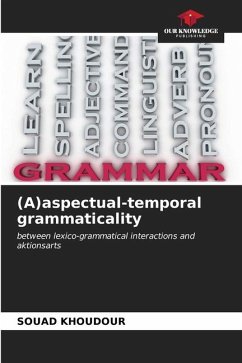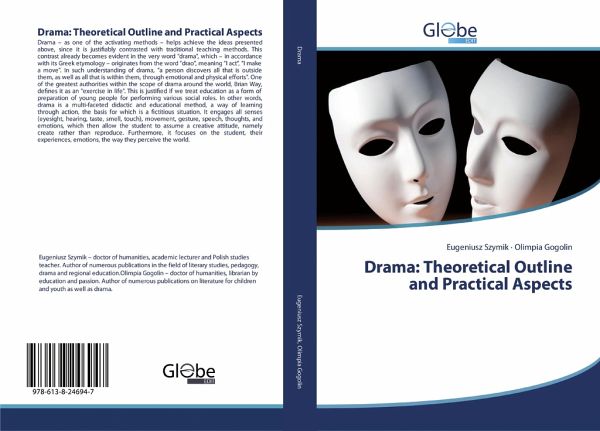
Drama: Theoretical Outline and Practical Aspects
Versandkostenfrei!
Versandfertig in 6-10 Tagen
43,99 €
inkl. MwSt.

PAYBACK Punkte
22 °P sammeln!
Drama - as one of the activating methods - helps achieve the ideas presented above, since it is justifiably contrasted with traditional teaching methods. This contrast already becomes evident in the very word "drama", which - in accordance with its Greek etymology - originates from the word "drao", meaning "I act", "I make a move". In such understanding of drama, "a person discovers all that is outside them, as well as all that is within them, through emotional and physical efforts". One of the greatest authorities within the scope of drama around the world, Brian Way, defines it as an "exerci...
Drama - as one of the activating methods - helps achieve the ideas presented above, since it is justifiably contrasted with traditional teaching methods. This contrast already becomes evident in the very word "drama", which - in accordance with its Greek etymology - originates from the word "drao", meaning "I act", "I make a move". In such understanding of drama, "a person discovers all that is outside them, as well as all that is within them, through emotional and physical efforts". One of the greatest authorities within the scope of drama around the world, Brian Way, defines it as an "exercise in life". This is justified if we treat education as a form of preparation of young people for performing various social roles. In other words, drama is a multi-faceted didactic and educational method, a way of learning through action, the basis for which is a fictitious situation. It engages all senses (eyesight, hearing, taste, smell, touch), movement, gesture, speech, thoughts, and emotions, which then allow the student to assume a creative attitude, namely create rather than reproduce. Furthermore, it focuses on the student, their experiences, emotions, the way they perceive the world.



